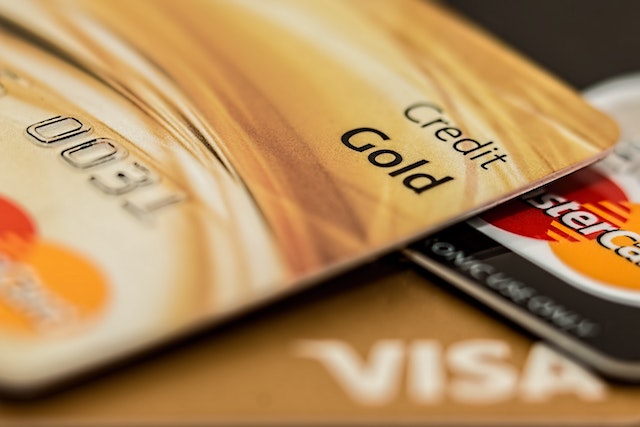Filing for bankruptcy is not a decision that should be made lightly, as it can have a considerable impact on your credit score and subsequent finances. However, for many, bankruptcy is a last resort. As such, it is in your best interest to understand the impact it will have on your ability to secure a credit card after filing. The following blog explores what you should know about these complicated legal matters and the importance of discussing your options with a Montgomery County bankruptcy lawyer.
What Happens to My Credit Score During Bankruptcy?
Filing for bankruptcy can be an incredibly beneficial way to obtain necessary financial relief. However, to deter people from taking advantage of this process, bankruptcy can have a drastic impact on your credit score.
It’s imperative to understand that bankruptcy will impact your credit score the same amount, regardless of which chapter you pursue. Because of the severity of this process, filing can impact your bankruptcy by at least 130 points. Generally, the lower your credit score is before bankruptcy, the less impact it will have. As such, if you have a score above 740 points, you may find that your score can drop between 200-240 points, while someone with a score below 700 may only experience a 130-150 point drop. As mentioned, the number of points your credit score will decrease depends on your score before filing, and not which chapter you choose to pursue.
However, you should note that which chapter you choose to file will impact how long your filing remains on your credit report. Chapter 7 will remain for ten years, while Chapter 13 remains for seven.
Because of the impact filing for bankruptcy can have on your credit score, you’ll find that in the immediate aftermath, you may have a difficult time securing loans.
What Can I Do to Get a Credit Card?
When you file for bankruptcy, generally, your credit card issuers will close your card, regardless of whether or not you’ve been making payments or have no balance on the card. As such, you may wonder how long it will take before you can obtain a new credit card.
Opening a credit card can actually help improve your credit. However, you may have a difficult time finding an issuer to approve you. It’s imperative to understand that you have options. One of the most beneficial ways is to find a trusted friend or family member with a good credit score and ask to become an authorized user of their card. This allows you to improve your credit without having to apply for a card yourself.
Another option is to apply for a secure credit card. These require a deposit, which then becomes your line of credit. You can receive your deposit back after 6 months of on-time payments.
As you can see, navigating bankruptcy can be incredibly difficult. That’s why it’s in your best interest to connect with an experienced attorney with Mudrick & Zucker, P.C. Our team understands how complicated these matters can be, which is why we will do everything possible to assist you through these challenging times. Contact us today to learn how we can fight for you.


